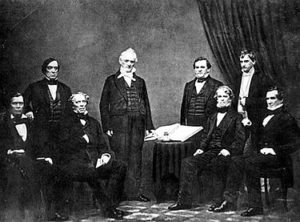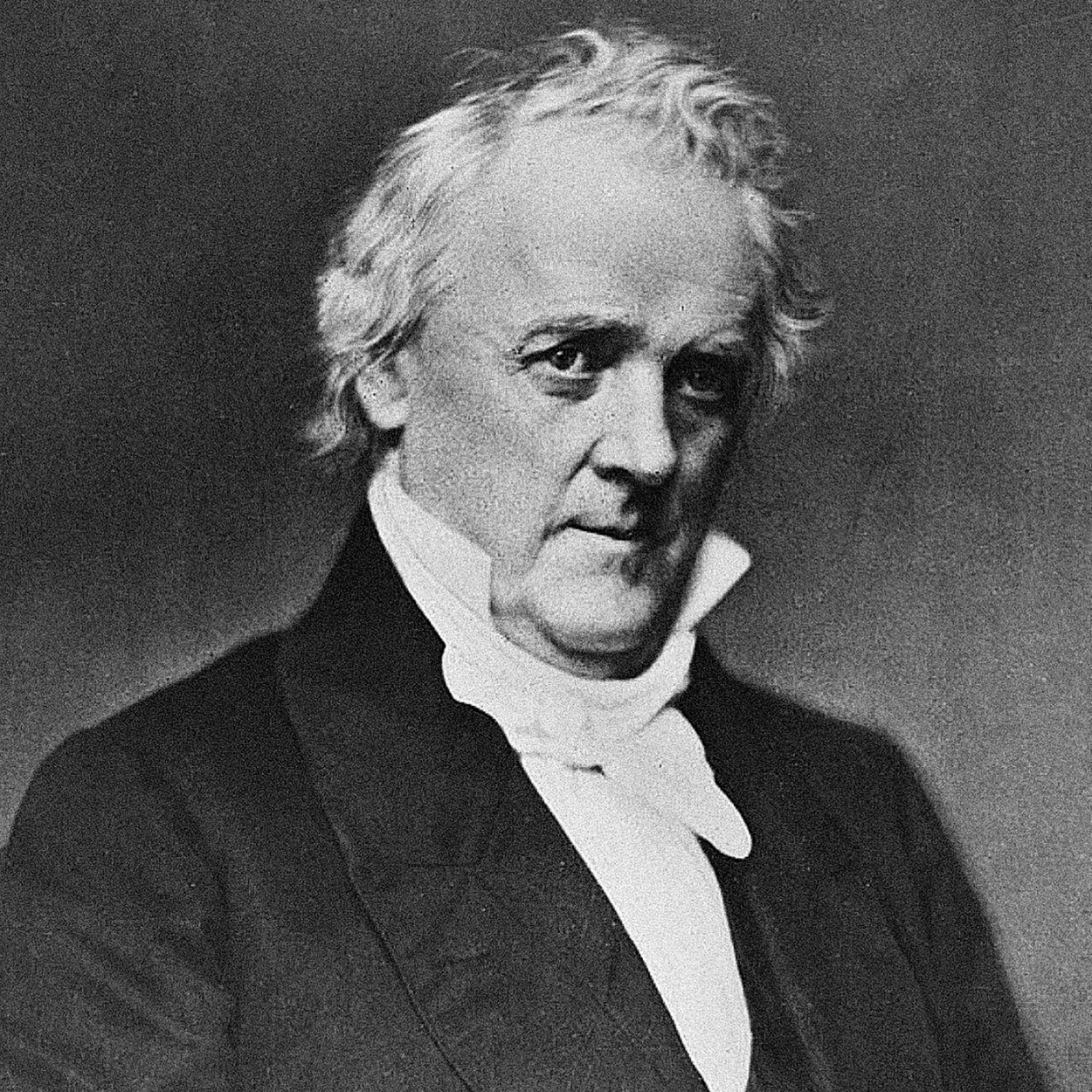I read the Politico article at
Trump’s right that Lincoln could have compromised. The results would have been unthinkable.

www.politico.com
It has interesting facts but a lot of unconvincing speculation. One fact they omit is the leverage lost by the hot-head secessionists with respect to the FSA and westward expansion. Lincoln was right in rejecting the outrageous southern demands but he could have made other concessions that were reasonable. (tariff relief, and the releasing the control of Federal properties in the South). I hear lots of speculation about consequences but no arguments for or against legislation that could be made in 1860 to provide a path to legal secession. Maybe that would take too long but that is insufficient reason to miss a chance for a more peaceful outcome.
________________________________





